
Researchers found that women who went into menopause before 45 years old were at greater risk for bladder cancer than women who experienced it later.

Researchers found that women who went into menopause before 45 years old were at greater risk for bladder cancer than women who experienced it later.

A Taiwanese study compares disease rates among people who used the medication daily with those who do not.

A percentage of patients with urothelial carcinoma saw their disease shrink or disappear after treatment with enfortumab vedotin in a phase 2 clinical trial.

Survey results show that when one or more chronic condition was present physicians discussed trial participation with less than half of patients.
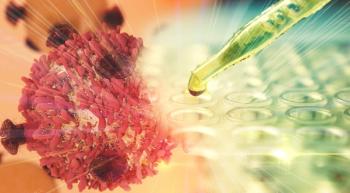
Previously treated patients with advanced small cell lung cancer (SCLC) benefitted from immunotherapy.
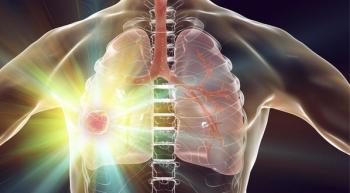
A model that calculates the probability of cancer may help to rule out a lung cancer diagnosis following screening preventions – which would substantially reduce false positives.

We've got a sneak peek at what’s inside CURE®'s Women’s Cancers issue.
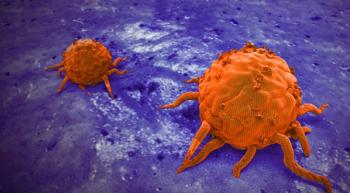
An expert discusses treating multiple myeloma with potential curative intent.
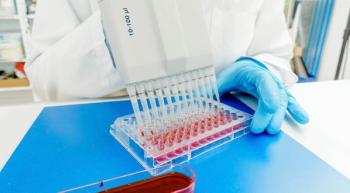
Liquid biopsies may be less invasive and faster in determining the genetics of a tumor — and with high accuracy — among those diagnosed with non-small cell lung cancer.

The “Whiskey Cavalier” actor opens up about caregiving for his mother following her ovarian cancer diagnosis.
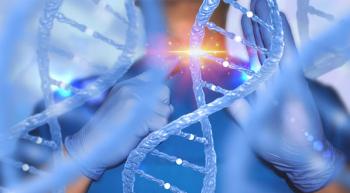
Dana-Farber Cancer Institute opens the first-ever Lynch Syndrome Center to help patients and families with the inherited condition.

Three sisters trace their family’s experiences with breast and ovarian cancer across generations.

Researchers define the genetic characteristics of ovarian tumors-- information that could lead to new opportunities for personalized therapy and may explain why screening programs for the disease haven’t been successful.

Ten years later, a woman with a BRCA1 mutation finally feels more like herself.

The importance of teamwork between patients and their caregivers was a common theme at the second annual Ovarian Cancer Heroes event held in Honolulu, Hawaii.
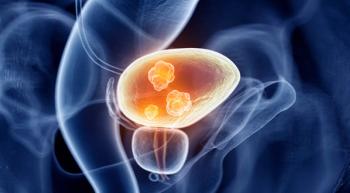
Although muscle-invasive disease is often treated by removal of the bladder, experts reveal potential high risk of death.

After a review of more than 600,000 people, researchers discovered an association between foods consumed and bladder cancer risk.

We've got a sneak peek at what’s inside our Winter 2019 issue.

An expert describes how far the field has come, with two treatments approved and more in the works.

Following a stem cell donation through an international organization, one man works to recruit others to help save lives.

Productivity loss among parent caregivers associated with poor health-related quality of life in pediatric advanced stage Hodgkin lymphoma.

By joking about her cancer diagnosis, one survivor hopes to raise awareness and help people find laughter.

Treating younger patients with low-risk diffuse large B-cell lymphoma (DLBCL) with two fewer front-line cycles of standard treatment greatly reduced toxicity without sacrificing effi­cacy.

Hot flashes, fatigue and other symptoms related to cancer may be improved through acupunc­ture.

The former NFL running back opens up about his mother’s battle with breast cancer.

Patients and survivors learn to reconnect with their mind and body through dance/movement therapy.

A new app aims to alleviate the can­cer-related fatigue that plagues many patients and survivors and improve their quality of life.

Researchers call for universal testing after study finds high prevalence of hepatitis B and hepatitis C infections.

Using tumor DNA found in urine, researchers believe they have found a method to diagnose and monitor bladder cancer that outperforms standard tests.

Nearly 90 percent of women experienced sexual dysfunction; however, providers were not openly communicating about this side effect, according to survey results.